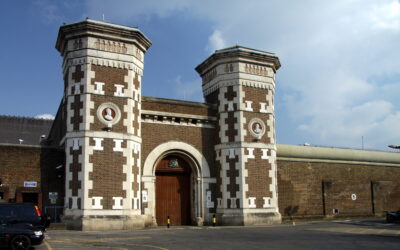
Image credit: Public Domain.
Given the complexity of many criminal trials, it is inevitable that, from time to time, something will go wrong. A witness may give inadmissible evidence; the jury was shown something they ought not to have seen, or a judge or advocate making an inappropriate comment.
When mistakes happen, all parties will wish to consider the impact of any error and decide whether an application should be made to discharge the jury. If a jury is discharged, the trial will need to start afresh.
This can be a tactical dilemma; the trial may otherwise have been going well for one party; should they, therefore, ‘ride the error’ and hope for the best? Similarly, if the trial has not been going well, any chance to discharge the jury might be particularly appealing.
In most cases, the desire will be for a trial to continue, and judges are particularly reluctant to accede to applications to discharge a jury.
Where the defence fails in having a jury discharged, and a conviction follows, one’s mind will then focus on whether the refusal to discharge might make a good appeal point.
Regrettably, this point seldom meets with any success. The Court of Appeal takes the following approach:
‘,,,it is a matter for the discretion of the trial judge to determine whether to accede to an application to discharge a jury. If the trial judge declines to discharge the jury and continues with the trial, a person convicted may seek to argue that the conviction is unsafe because of the refusal to discharge the jury. The only basis upon which an appeal against a conviction can be allowed is if the conviction is unsafe: see section 2 of the Criminal Appeal Act 1968. In general, it is likely to be very difficult to establish that the refusal to discharge a jury […] rendered a conviction unsafe.’
It is, therefore, essential to ensure that discharge applications are not pursued without detailed preparation, as there is likely only one opportunity to obtain a successful outcome.
How can we help?
We ensure we keep up to date with any changes in legislation and case law so that we are always best placed to advise you properly. If you would like to discuss any aspect of your case, please contact any member of our vastly experienced Criminal Defence team, for assistance with any criminal law related matter.
–
Mr John Stokes (John.Stokes@danielwoodman.co.uk),
Mr Anthony Pearce (Anthony.Pearce@danielwoodman.co.uk) or
Mr Daniel Woodman (Daniel.Woodman@danielwoodman.co.uk).









